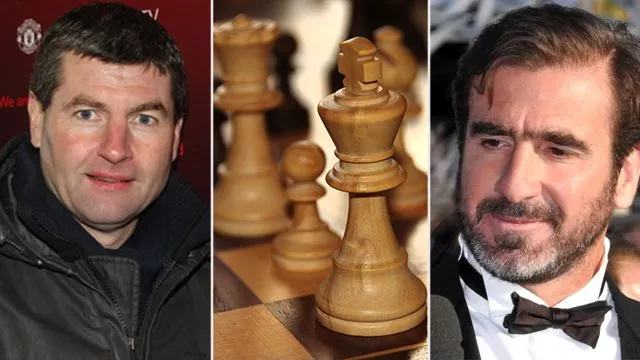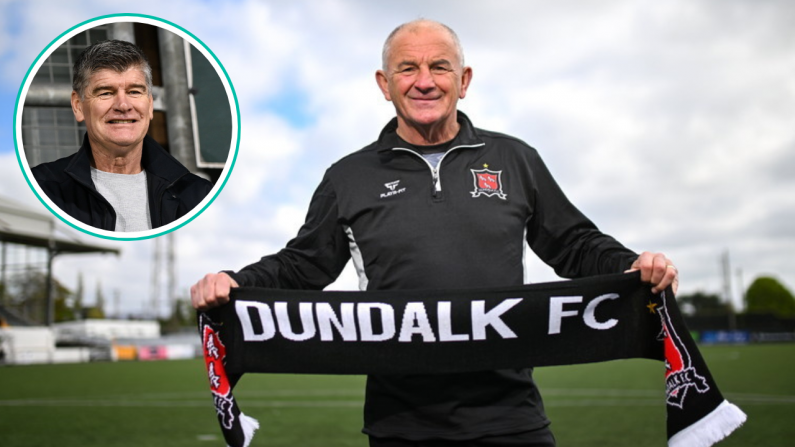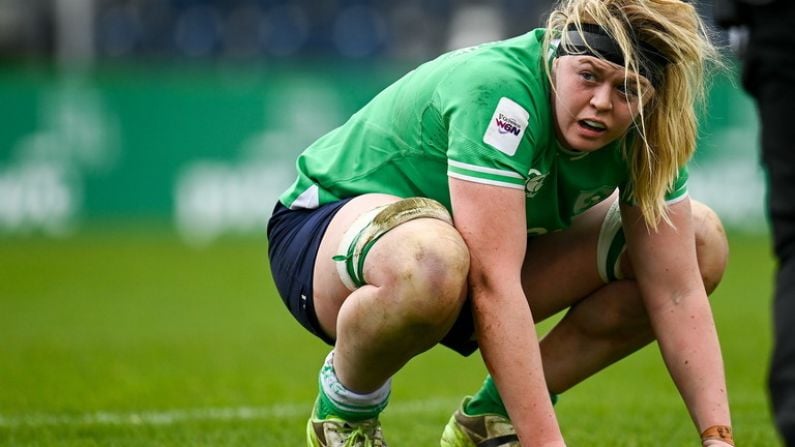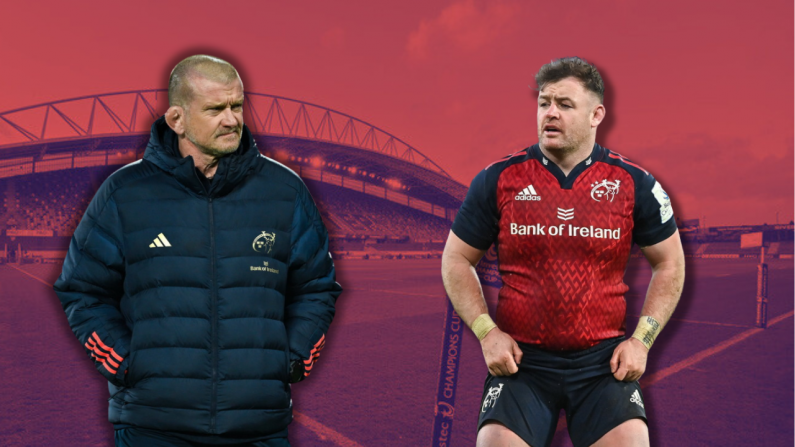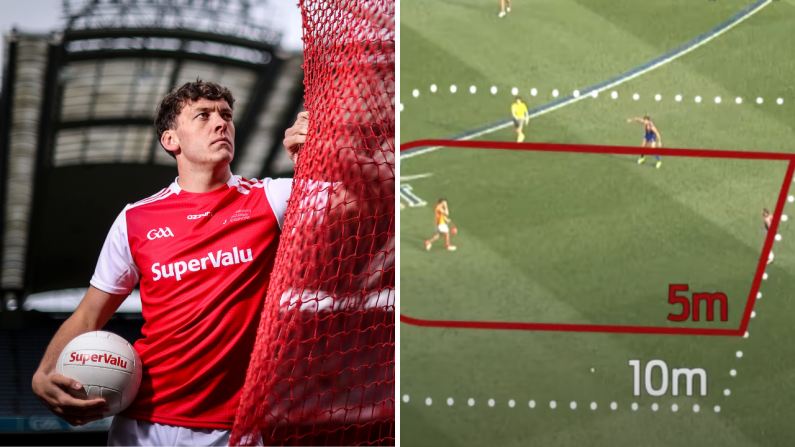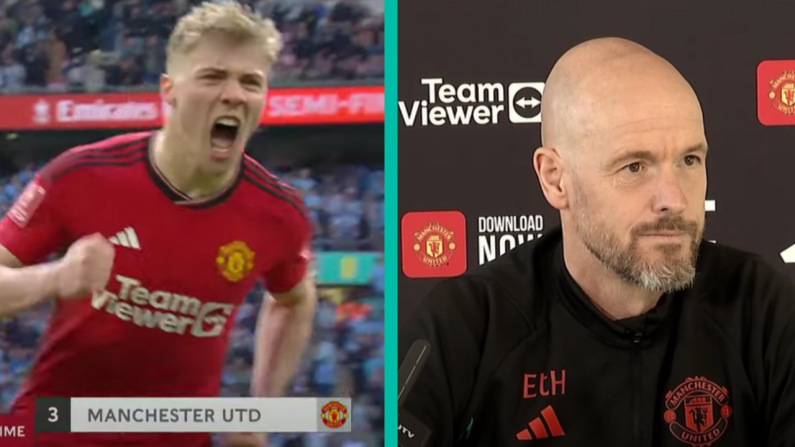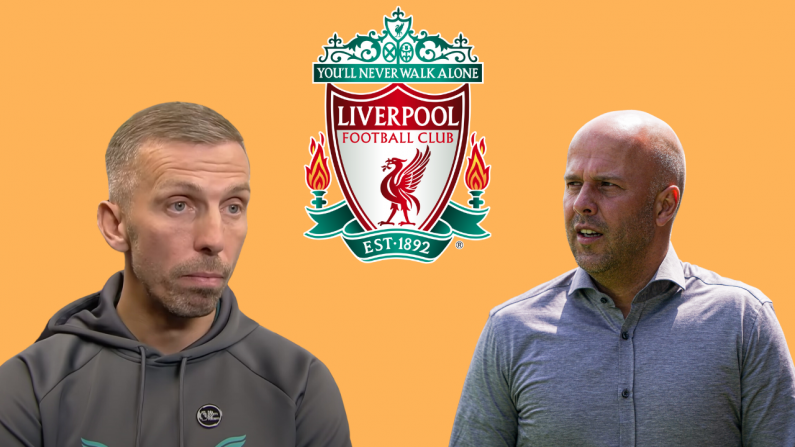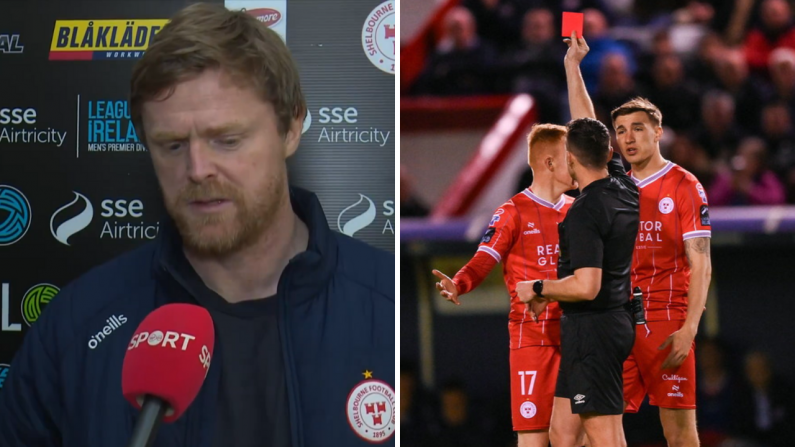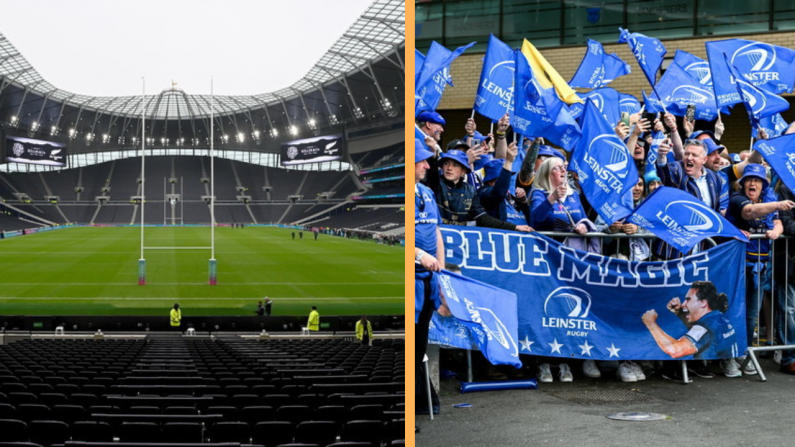To his teammates and manager, Denis Irwin was ‘Mr. 8 out of 10’. By many accounts one of the most consistent players ever, and someone who did it all without courting controversy or publicity.
A player who could play on the left or right, who rarely made defensive errors, was astute going forward, and was an expert freekick and penalty taker. The total package.
He is Ireland’s joint most successful player of all time, tied with Roy Keane on 19 trophies. Looking at his playing career, the 529 appearances and 33 goals for Manchester United from 1990-2002, bring back fond memories.
And yet at age 36, with nothing left to prove or win, the Togher man left Manchester for the Black Country. Irwin established his greatness at Old Trafford. But the decision to join Wolverhampton Wanderers in England's second tier and duly inspire them to Premiership promotion truly certified his status as a legend of the game. When glanced at on a Wikipedia entry, those Wolves years have the feeling of a largely forgotten bookend to a remarkable career.
They were anything but.
A Boyhood Dream at the Close
The 2001-02 season was Irwin’s last for Manchester United. He was still a regular first team player, and made 23 appearances in all competitions, albeit in only 12 league outings.
By these stats, it would seem he was still at the top of the game, and he was certainly capable, but age was catching up with him.
Considering his achievements and sacrifices, one would have forgiven Irwin for choosing retirement, or finding employment in a less stressful environment than the Nationwide First Division.
But we suspect Irwin is a sentimentalist at heart. Unbeknownst to many, Wolves was in fact the club Irwin had supported as a boy while growing up in Cork in the 1970s. Here's how he explained his love for the club:
“I don’t know why or where it came from. When I was growing up, I played for a team in Cork and a friend and I just started supporting Wolves in the John Richards era. But don’t forget, Wolves were a good team in the mid-70s.
“A lot of my friends were becoming Liverpool fans because they were on the front foot, and my first memory of watching football was the FA Cup final of ’74 when Liverpool hammered Newcastle.
“There were also a lot of Manchester United fans and Arsenal fans around at the time, but I went totally against the grain and supported Wolves.
“There wasn’t many of us back in Ireland in the ‘70s..."
But Wolves fell on hard times. The successful Wolves side that Irwin would grow up supporting suffered three consecutive relegations from 1984, and found themselves wallowing in the fourth division. They'd been out of England's top flight for 18 years when Irwin signed for them.
He joined a team filled with interesting characters and familiar names.
Compatriot Mark Kennedy had joined Wolves the year previously. A young Kenny Miller and Joleon Lescott were there. His ex-teammate Paul Ince was also part of the squad.
Irwin started his first season for Wolves in impressive fashion, when in an early league game he scored a beautiful curling free-kick, in a 3-0 victory over Burnley.
📆 17 years ago today Denis Irwin signed for Wolves.
💥 Here he is being bloody good at scoring free kicks. #wolves #wwfc pic.twitter.com/Alof9XqQul— Wolves Fancast (@wolvesfancast) July 23, 2019
He again showed his class as a dead ball striker, when in October of that season he scored another quality free-kick in a 4-1 win over Grimbsy. (You can see this goal in the video below
at the 57 second mark.)
Irwin finished the season with an astounding 52 appearances in all competitions, which included 43 league outings. Any notions that he may have been past it, or had been looking to take it easy, were well and truly vanquished.
Wolves finished fifth that season and Irwin was named in the First Division Team of the Season at right back, aged 37.
The Playoff Final
The year previously Wolves had finished third in the league and were defeated by Norwich City in the play-off semi-finals.
In the spring of 2003, they had more success, beating Reading in the semi-finals. The stage was set for the play-off final where they would face Sheffield United in the Millennium Stadium.
Irwin would reminisce fondly on the opportunity to bring them back to the top tier of English football for the first time in 19 years.
“It was a huge game, as big a game as it could come as a one off – a chance to get into the Premier League. It’s where every club wants to be.”
“There were going to be plenty of nerves, whether you’re me at 37, or you’re a young Lee Naylor, a young Joleon Lescott or a young Matt Murray, playing what would have been the biggest game of their lives.”
In a dominating performance, Wolves came out 3-0 victors, with goals from Mark Kennedy, Nathan Blake, and Kenny Miller.
It capped off an incredible year for Irwin, and perhaps somewhere back in Manchester Ferguson may have been regretting letting the classy veteran go so easily.
Given what Irwin had achieved in the game his comments on his 2002-03 season with Wolves were very telling. In his own words he noted that, “my first year there was as good as anything I had.”
His next and final season would prove to be a disappointment as Wolves were relegated after finishing last in the Premier League. The highlight of his season probably being the standing ovation he received on his return to Old Trafford.
Club legend Denis Irwin shares his memories of facing #MUFC as a Wolves player...
... including facing a certain @Cristiano! 👀 pic.twitter.com/FnlXwMnmOF— Manchester United (@ManUtd) September 21, 2018
The name given to him, the ‘8 out of 10' man, is a testament to his greatness, but knowing of his achievements and of the player he was this probably doesn't do him justice.
SEE ALSO: Denis Irwin Trash-Talking Eric Cantona's Chess Ability Has Made Our Day


